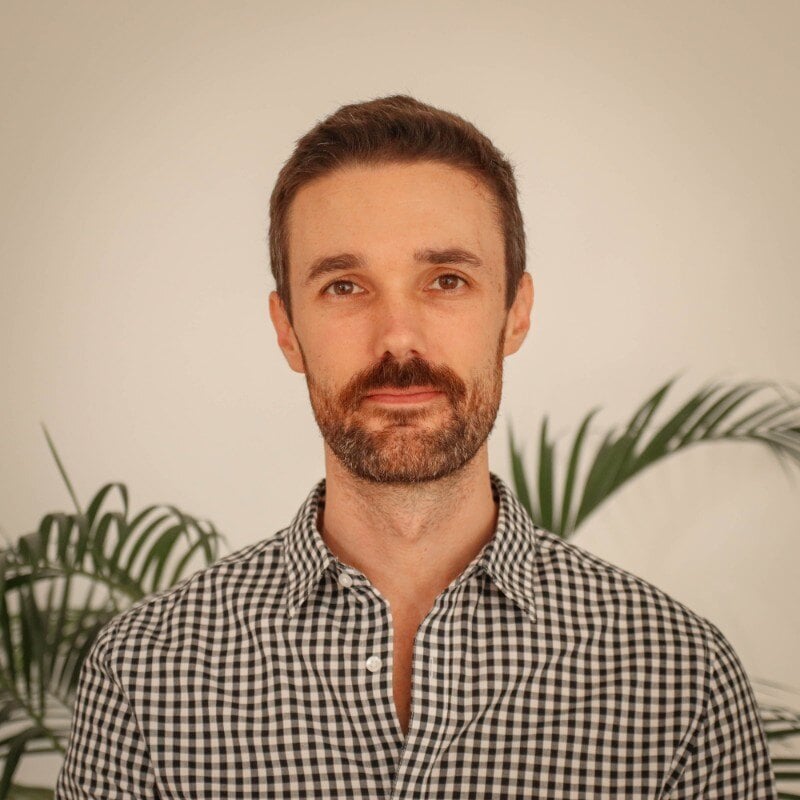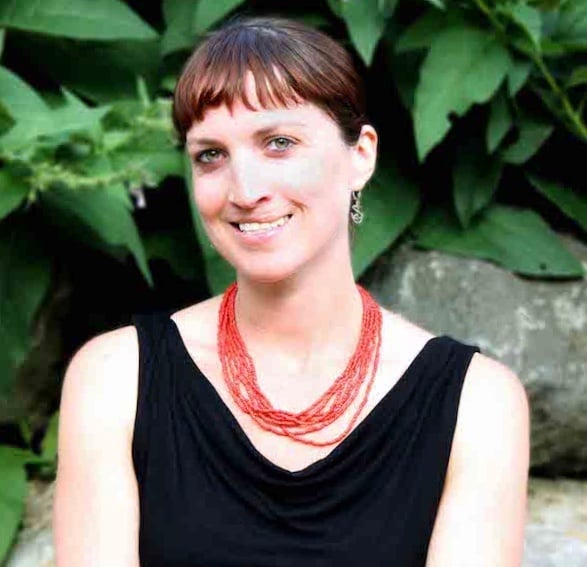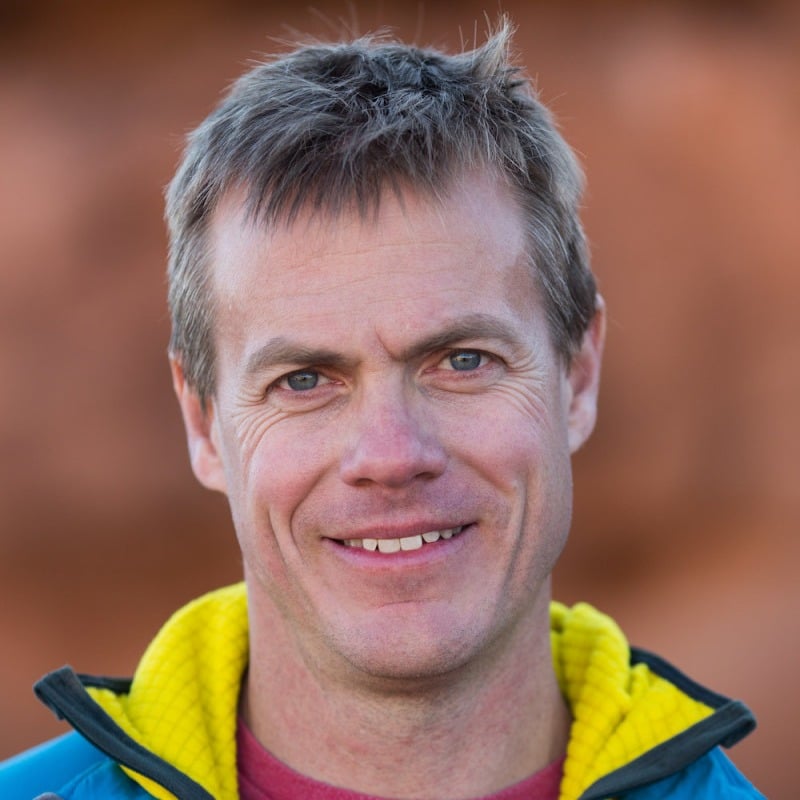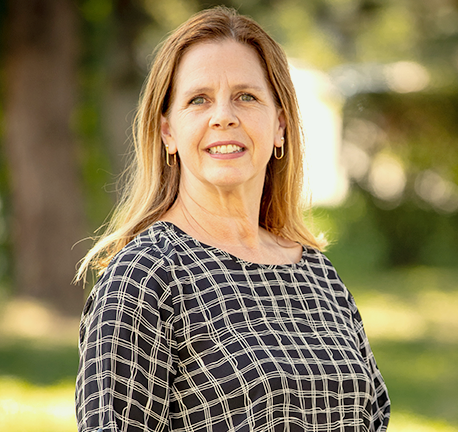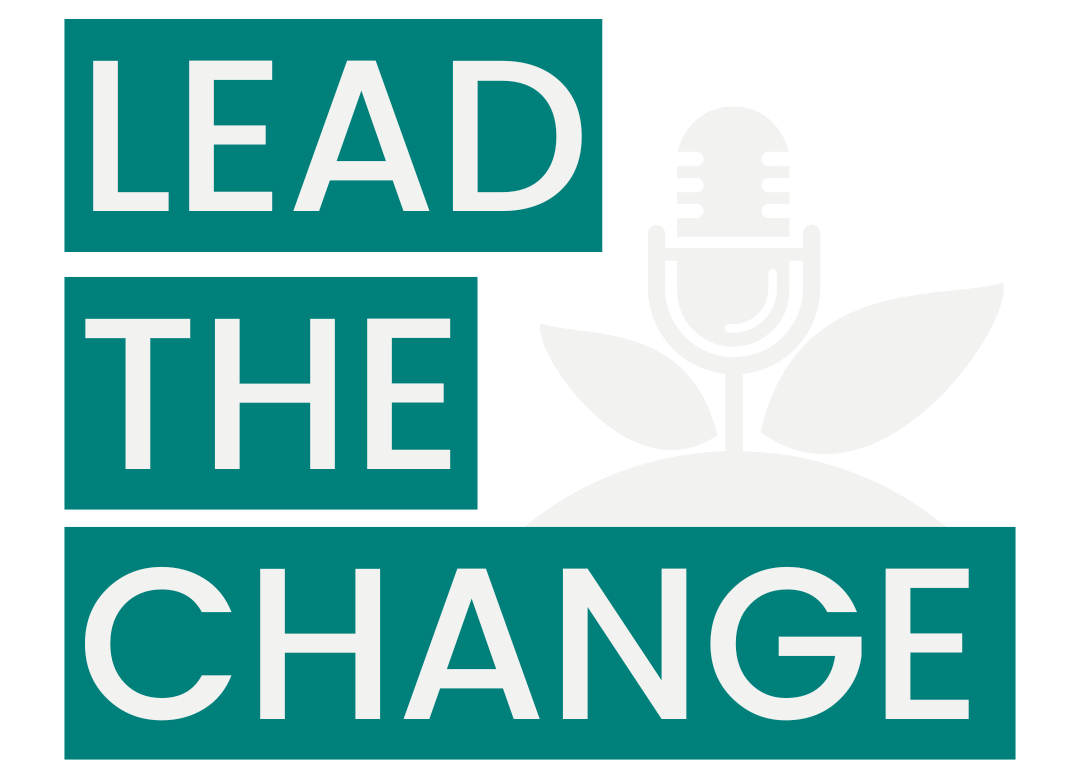
705: Karl Wienhold on Sustainable Coffee Practices: Bridging Research and Fair Trade
Featuring Karl Wienhold
Researcher and PhD candidate
In this episode of The Impact Report, host Renay engages in a compelling conversation with recent Bard MBA graduate Antonio Castillo and researcher Karl Wienhold. Together, they discuss the critical issues smallholder coffee farmers face in the global coffee trade. Antonio and Karl share their extensive experience and research on power imbalances, colonial legacies, and the poverty cycles that trap farmers who produce the majority of the world's coffee.
IN THE EPISODE
The episode sheds light on Karl’s findings related to economic structures that perpetuate injustice and stresses the need for solidarity and collective bargaining among farmers. Antonio reflects on his field research in El Salvador and the potential of direct trade and ethical consumerism in bringing equitable change. They leave the listeners with a clear understanding of the complex coffee value chain and practical actions consumers can take to support justice for coffee farmers.
Bard’s Graduate Programs in Sustainability cultivate leaders who break through existing systems, innovating solutions to critical social, environmental and economic challenges. 2023 marks the 20th anniversary of the first graduating class from M.S. in Environmental Policy degree at Bard CEP and the 10th graduating class from the Bard MBA in Sustainability program. The 2023 graduating MS EP, MS CSP, MEd and MBA classes will bring the Bard GPS alumni community to over 500!
MEET THE SPEAKERS
Karl Wienhold:
Karl is an advocate for smallholder farmers, researcher and PhD candidate that is focusing his work on the analysis of the concentration of power within the coffee value chain; in which this value chain is an extreme version of postcolonial small-holder production with interaction with the global trade. He is dedicated to trying to better understand and undo extractive economic power structures that have oppressed people and degraded ecosystems to enrich others since colonial times. He is particularly keen on the solidarity economy, tropical cash crops, debunking manulative "finance-bro economics" and, most generally, broadening the scope of economic thought in ways that are inclusive of the self-defined paths to self-defined prosperity of rural communities in the global south. He is currently a PhD candidate at the University of Lisbon where he is exploring potential causes and means of post-colonial marginalization of coffee farmers, making space for propositions of alternative production and trading arrangements that include the redistribution of power.
Antonio Castillo:
Antonio Castillo is a seasoned manager with nearly two decades of experience in the manufacturing industry, specializing in Environmental Compliance and Safety programs. Over the past seven years, he has focused more on sustainability, including Greenhouse Gas Accounting, Managing Environmental Management Systems, and company-wide initiatives to reduce CO2 scope emissions in his professional work. His shifted focus in sustainability in his work, led Antonio to pursue a world-class MBA in Sustainability, and he recently graduated from Bard College.
Through his MBA journey, aside from being a coffee lover, Antonio's curiosity about specialty coffee and how it is grown and where it comes from led him to explore more about the coffee industry where he uncovered that there are significant power imbalances in the coffee industry. He discovered that small coffee farmers are often trapped in a cycle of poverty and lack bargaining power. Over the past two years, he has dedicated himself to research more about these imbalances in the value chain.
This commitment inspired Antonio to establish Ceiba Coffee Solutions, a consulting service with a mission to fundamentally shift these inequities through entrepreneurial solutions. Ceiba Coffee Solutions focuses on field engagement, content creation, publication, and implementing human capital management strategies for the most marginalized parts of the value chain that includes small coffee farmers, intermediaries, and exporters. The mission of Ceiba Coffee Solutions is anchored on three core values: transparency, environmental stewardship, and social equity.
Renay Loper:
Renay is a Clinical Faculty in Organizational Leadership for the Bard MBA in Sustainability, where she focuses on JEDI Transformation in the workplace. Previously, she was the Vice President of Program Innovation at PYXERA Global where she served on the Executive Leadership Team, led five country offices, drove the development of new business and programs, co-led the organization's work on inclusive circular cities, and advised corporate clients on their social impact strategies. Renay also led the organization’s ARC (Antiracist Collective) initiatives, which included internal and external efforts toward dismantling unjust systems. To this end, Renay created Rhetoric to Action, a series of conversations to bridge sectors toward collective action around social and racial justice.
Prior to PYXERA Global, Renay led the grassroots exchange and education grant portfolio at the Japan Foundation Center for Global Partnership, and has served in a variety of leadership roles in higher education, nonprofit, and business prior to that. Renay is an avid speaker and facilitator, has authored and edited numerous publications, including a resource journal, Student Affairs Professionals Cultivating Campus Climates Inclusive of International Students (Jossey Bass). Renay serves on the board of directors of nonprofits including Community Change, Harpswell Foundation, and Girl Rising.
